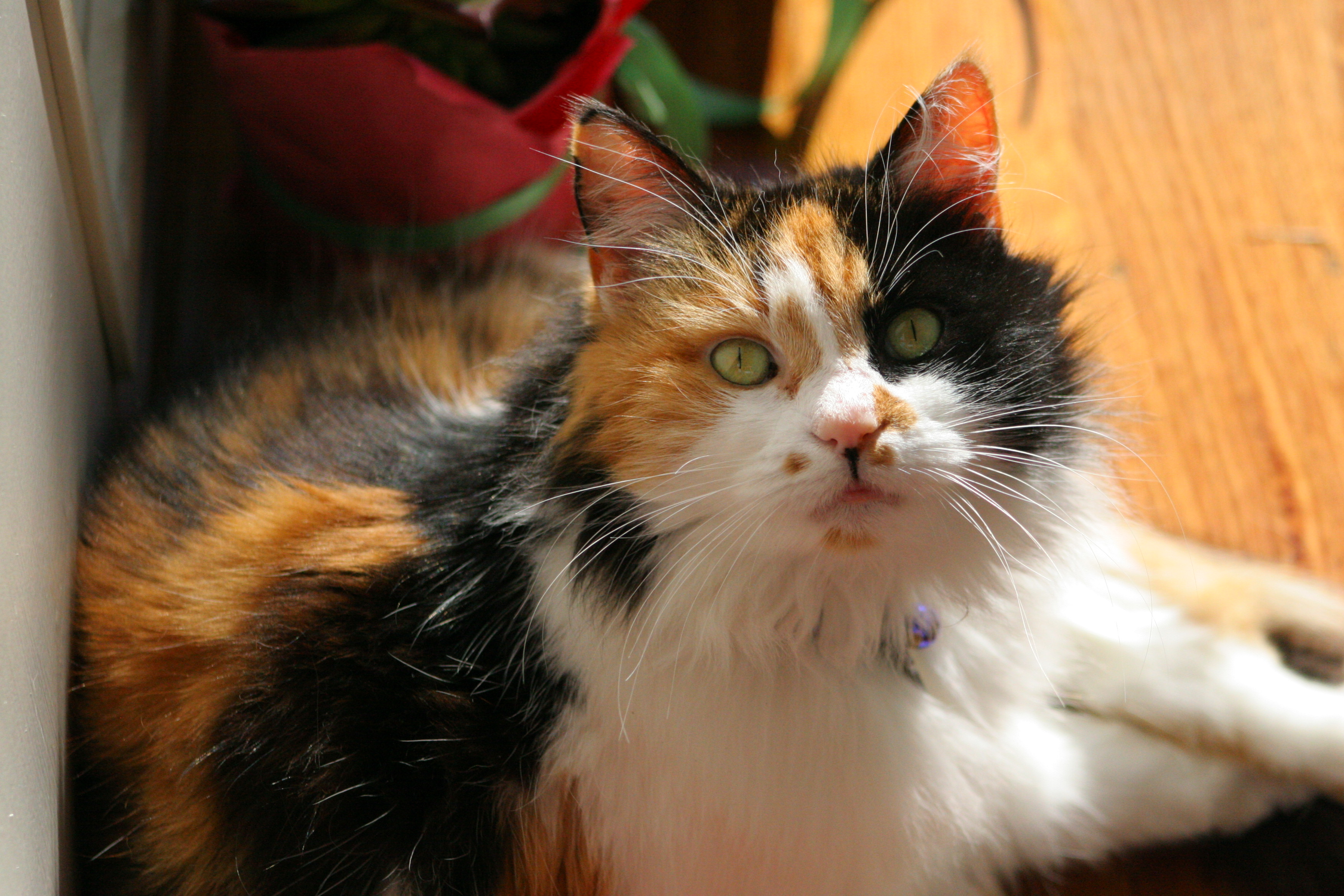Here’s a question. How angry do you think you are? You can give yourself a mark out of ten if you like – ten being volcanic, uncontainable rage, one being the last glowing ember in the grate. We may agree that the upper end takes lives while the lower end has the potential to give you a nice little burn without any long term damage. You might even find the lower end quite attractive in a cosy, atmospheric way.
Before continuing a distinction should be made between what I’ll call personal anger and the more general, public domain/world at large anger. The latter category could include things that publicly and politically afflict people the world over – racism, sexism, fascism, bigotry, exploitation, injustice, distribution of wealth, cultural imperialism etc. How strongly you feel about these things surely depends on how politicised and proactive you are. I suspect a large majority of us care and reflect on such matters but ultimately recognise a certain (debatable) helplessness to affect change in any substantive way. So perhaps we carry on in word and deed with a certain frame of reference that reflects our sympathies and occasionally find ourselves drawn into heated debates with friends and family who resist our viewpoint. There will of course be some among us who take their concern to the next level and become social workers and aid workers and political activists or anything else that puts them at the front line of whichever battle they feel needs fighting most. That is arguably anger that leads to action for the betterment of us all. Not too shabby.
But what of personal anger? Where does that lead us?
Anger can be such a dangerous emotion that I believe it merits close examination on the road to self-knowledge. There is nothing wrong with anger per se, but when we don’t know where it’s coming from and find ourselves incapable of controlling how it makes us act then we are in real trouble. I think a lot of us get stuck in the mode of acting out our anger because we interpret that expression of our indignation as self-assertion and we usually follow it by giving ourselves a congratulatory “I put them in their place” or “I gave them a piece of my mind.” This is what I call taking pride in anger and I have questioned the wisdom of this position since I was involved in a minor road rage incident back in Ireland a few years ago.
I was driving home on a midweek night after karate. I was on the M50, Dublin’s main ring road, and due to some lane closures ahead found myself approaching a bottleneck. A blacked-out range rover was driving aggressively beside me and trying to nudge its way into my lane before it ran out of road. There was no indicator being used so I stubbornly refused to let it in, righteously patting myself on the back as I did so. The range rover had no interest in my moral position and with resort to horn and flashing headlights proceeded to squeeze me out of my lane so it could get past. Giving way was my only safe option and so I ceded ground and watched them go past but not before they slowed slightly and an orc-like figure jutted his screeching head out of the rear passenger window and spat across my windscreen. They concluded their transaction by tearing across several lanes of traffic, again without indicator, and sped up the exit ramp. For the rest of my journey I reflected on the incident and concluded I had just had a narrow escape, managing to avoid a potential group attack on both myself and my cherished banger. I asked myself what I was trying to prove by meeting their anger head on; who was I trying to impress? Thereafter I frequently counselled myself not to take pride in my anger, to stay chilled and to let other people take the road when and as they saw fit.
The bottom line is you don’t want fights and conflicts to choose you. It’s a much stronger position to be in when you are in control of your entry point into the fray. But how do we encourage that control when our anger is screaming war cries in our ear, urging us fearlessly into battle? As the cliche has it, let cool heads prevail. When you are under attack are you willing to bypass your ego and consider a non-violent response? Equally, can you still feel empowered if you haven’t raised fist or voice in anger? I think the idea of self-empowerment is at the root of the expression of anger and I would argue that there are people who love their angry selves because it makes them feel so empowered. But we need to get beneath the anger to work out what’s really going on.
Fundamentally this personal anger I’m talking about is, I believe, a response to feeling hurt or threatened which can of course be in a physical, psychological or emotional sense. How we successfully deal with that anger depends in a large part on the course of action you are advised to pursue by your ego. When aggrieved, insulted or attacked, the ego demands retribution. It acts like a mafia consigliere and helps you plan how best to avenge the blatant disrespect to which you have been subjected. Luckily, as you are neither in The Godfather nor Goodfellas, you don’t need to ‘go to the mattresses’ or prepare your boot for a body. Consider this: the anger of your aggressor is their issue; it doesn’t have to be yours. Using the word ‘issue’ is very apt as the anger is something born of them and the question must follow – how are they dealing with what they have brought into the world? It shouldn’t be up to you to deal with the consequences.
But when you are being assaulted by those consequences your forbearance will be tested in the most extreme way. What to do? Try rejecting ego and embracing humility. Not smug, ‘I’m so serene it hurts’ humility, but real, egoless humility that puts you in a place of calmness and engages with the idea of choice. In the exercising of that choice lies real power. There is absolutely nothing to compel you to retaliate and a non-aggressive response can be exceptionally disarming, something I experienced many times when dealing with angry teenagers in the classroom. Humility is power because it makes no demands of your ego to demonstrate strength or superiority and in that certainty of self can be found a deeper reserve of conviction and freedom from fear.
In my last post I was exhorting you to raise the stakes in terms of going after what you want in life but when it comes to conflict I advocate lowering them. Try and take a little heat out of the equation and move yourself down the scale closer to the glowing ember. Ask yourself what’s at stake when it comes to the expression of your own anger. What are you angry about? Who are you angry with? Where are you directing your anger? Address the cause, not the response. Ask yourself what is actually compelling you to act out. It is probably something that is very much in your control.
In concluding today I have to admit to a failure in this very area underneath my own roof. It gives me no pleasure to say this but my cat has anger issues. She is a very angry cat. And never more so than when she is being removed from in front of the fire. She overheats and upon being disturbed rapidly ascends the scale and erupts into a furry whirling dervish of frightening malevolence, all claw, fang, spit and black, black pupil.
However, as much as it pains me I recognise the issue is hers, not mine and so I walk the humble path and say ‘go ahead, hit me’ and trust that she is a better cat for it afterwards.




Awwww….poor Marlon!! I thoroughly enjoyed this post Dara!! And you are so right….about anger AND about Marlon’s anger 🙂
Love you and hope you guys are well….Kelli
Thanks Kelli, lovely to hear from you. We are very well indeed, lots going on here. Be in touch soon! xx
Really enjoyed reading this Dara – great writing! I will definitely look through some of your other pieces. However, I wonder if you explore the opposite end of the spectrum – the destructive effects of volcanic rage that remains contained…
Thanks for reading. Yeah, unexpressed anger is no good either – I’m certainly not advocating suppression or repression! Wouldn’t you agree it comes back to the same thing, the need to address the root cause? The expression of anger can be purging and cleansing if it comes from a desire to communicate healthily.
Anger expressed messily and negatively is destructive outwardly; the rage that remains contained destroys inwardly. It’s scary stuff!
To be continued…
Hi Dara! I like your point on our having a choice to become angry. So many people seem to feel they are forced to do certain things, because that other car did something to them first.
This morning, when I was taking a walk, I nearly bumped into a 50-year-old lady who tried to run me off the road as a pedestrian (!) People seem to need so much room, nowadays. I see it in the supermarket, too, where people use their shopping carts as bumper cars. And they’re not trying to be funny.
I’ve just read an article by Tongue Sandwich on the Stoics that complements what you wrote really nicely. “Cool as a cucumber” it’s called. It might just interest you. 🙂
Thanks Lively!
Yep, we’re not imagining it, the anger is out there.
It would appear basic courtesy and certain social niceties are outdated and unfashionable but it is a shame that people seem to have lost sense of what those little rituals engendered, namely an agreement to observe a standard of decorum and respect that would serve us all.
I shall seek out the ‘Cool as a cucumber’ article you mentioned, thanks.
Lovely post. I admit I have had anger issues, a temper being one of the personality traits I inherited from my father. My rabbi says anger is caused by unmet expectations and only “justified” when used to fight evil. If you’re an emotional person, it’s quite difficult to control those emotions, but like with anything, one gets better at it with practice. I feel like I’m less angry these days than I used to be, and when in certain situations, I concsiously try to remain calm. I’ve also learned to avoid people who push my buttons (whether intentional or not). This is one of the upsides to growing older, I think. We mellow out a bit. 🙂
Unmet expectations can be tricky alright and it seems we encounter more of those as we get older – sigh. Perspective and mellowing and learning how to fight your own corner without loss of control or dignity would be ideal. Often easier said than done. All we can do is try…
[…] Here’s a great post by Dara Clear about his anger: […]
Impressive writing. To what do I owe such generous support? Thanks for coming on board with the thumbs-up on my recent posts. Anger is never the thing itself. It is always a scream of helplessness drowning in either fear or shame. Even for Cat…I’d say fear.
“removed from in front of the fire.” I’d just go with “from the front” but it’s a minor point in a very thoughtful, well described piece.
Diana
Hi Diana and thanks for taking the time to read some of my posts.
I found you thanks to you giving me a ‘like’ and was interested to read you’re a home schooler. Having worked in mainstream education for a decade I am hugely interested in alternative paths and believe strongly that conventional schooling does not suit a lot of kids.
Some of your poems made me smile so that always merits a ‘like’ or two.
I’ll take your ‘from the front’ and raise it! I would think that the front of the fire refers to that location in the fire itself while ‘in front of’ suggests a position not in the fire but separate from and close to the mouth of the fire.
And yes, I agree with your definition of anger as being connected to fear or shame. My cat is definitely not ashamed (as far as I know!) so fear is a pretty reasonable conclusion. The poor little puss!
Thanks for sharing your thoughts.
Dara
Yeah, I was aware I’d visited first but I did appreciate the hearty support. The sound of a phrase and its repeat use many times will supercede the technical so that readers will get what you mean, and I believe it flows better with the simple “the.” The posts under LEARNING (My Topics on margin) apply to homeschoolers and school schoolers. The series on the impact of technology on learning is due out this winter in a homeschool magz, my second there (the first came out last month.) I taught 5th in Philly before heading up the GATE (gifted n talented) elementary in an upper mid-class district) in my other life. I sincerely look fwd to seeing more from you, Dara. Diana
[…] mention this pattern with a particular post in mind. A couple of months back I wrote about anger where I shared some thoughts on anger and its various faces, offering possible responses that have […]
Hi, after reading this remarkable post i am also glad to share my experience here with colleagues.
Thanks for reading and also for your generous comment.
[…] My point is not that anger negates love, related themes of which I have touched on before here and here, but that in spite of the righteousness of my wife’s sentiments, I only agreed with her to a […]